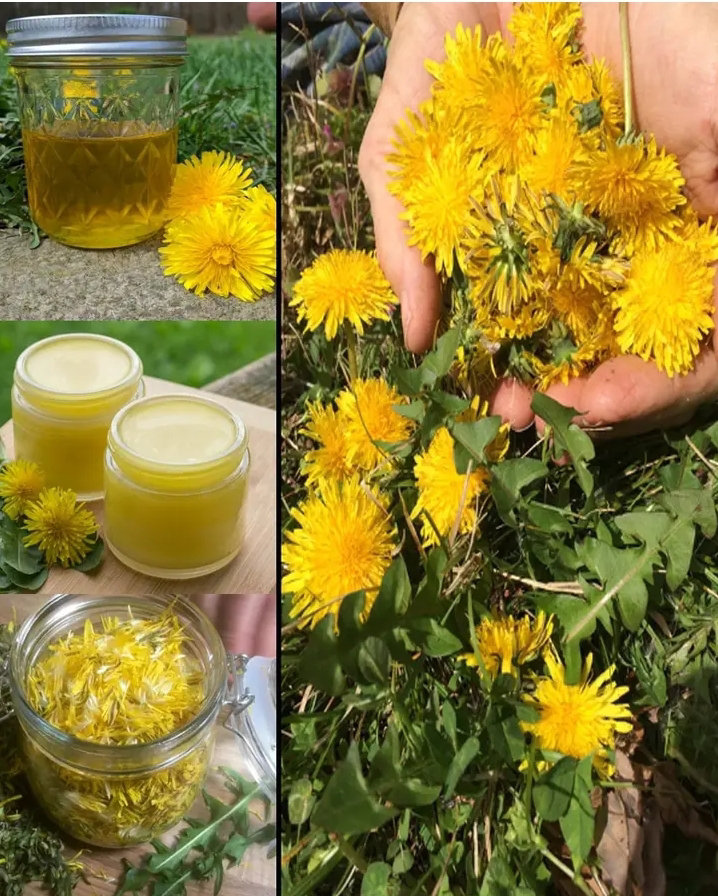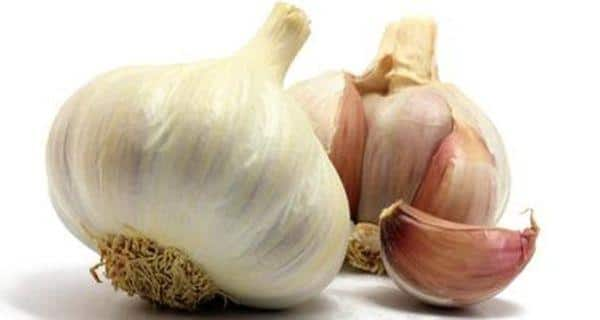
The
health benefits of beets include the treatment of
anemia, indigestion,
constipation,
piles, kidney disorders, dandruff,
gall bladder disorders,
cancer, and
heart disease. It also helps to prevent macular degeneration, improve blood circulation, aid in
skin
care, prevent cataracts and mediate respiratory problems. These health
benefits of beet roots can be attributed to their richness in nutrients,
vitamins and
minerals.
Beets or beetroots, as they are often called, belong to the
Chenopodiaceous
family. Their history stretches back to ancient times, and the earliest
signs of their cultivation was approximately 4,000 years ago in the
Mediterranean region. From there, they were probably transported to
Babylon, and by the 9th century AD, they had made their way into Chinese
culture and cuisine. They have long been associated with sexuality and
have been used as an aphrodisiac for thousands of years.
Beetroot is frequently added as an ingredient to salads, soups and
pickles
and is also used as a natural coloring agent. Even though beets are
available throughout the year, they are still considered seasonal
vegetables. Besides their use as an actual
food
item, beets are valuable as a source of sucrose, which makes them a
viable replacement for tropical sugar cane. They are still frequently
used to make refined sugar.
Nutritional Value of Beets
Beets have such a wide range of health benefits because of their
nutritional content, including vitamins, minerals, and organic compounds
like carotenoids, lutein/zeaxanthin, glycine, betaine, dietary
fiber,
vitamin C,
magnesium,
iron,
copper and
phosphorus, while also being a source of
beneficial flavonoids
called anthocyanins. They are very low in calories, with no
cholesterol, but they do have the highest sugar content of all
vegetables.
Health Benefits of Beets
The roots and leaves of beets have plenty of medicinal uses which include the following:
Good for Heart Health: Beet fiber helps to
reduce cholesterol and
triglycerides by increasing the level of HDL cholesterol (“good”
cholesterol). Having a high level of triglycerides increases the risk
for heart related problems, so increased HDL is a good line of defense
against that. The presence of the nutrient betaine lowers the levels of
homocysteine in the body which can also be harmful to the blood vessels.
Thus, consumption of beetroot helps to prevent cardiovascular diseases
in multiple ways, so conditions like ahterosclerosis, heart attacks, and
strokes are less likely to develop. The fiber in beets also works to
strip excess LDL cholesterol from the walls and help to eliminate it
from the body quickly.
Reduces Birth Defects: Beets are good for pregnant women since they are a source of
B vitamin folate
which helps in the development of infant’s spinal column. Deficiency of
folate could lead to a variety of conditions called neural tube
defects.
Prevent Certain Cancers: Studies have revealed that beets are good at preventing
skin, lung, and colon cancer,
since they contain the pigment betacyaninis, which counteracts
cancerous cell growth. Nitrates used in meats as preservatives can
stimulate the production of nitrosamine compounds in the body which can
also result in cancer. Studies have now shown that beet juice inhibits
the cell mutations caused by these compounds. Researchers in Hungary
have also discovered that beet juice and its powdered form slows down tumor development.
Adding a healthy weekly amount of beets to your diet can keep your body
cancer-free for a very long time.
Good for Liver Health: Betaines contained in beet juice stimulate the
functions of the liver
Prevents Respiratory Problems: Beetroot is a
source of vitamin C that helps to prevent
asthma
symptoms. The natural beta carotene in beetroot also helps to prevent
lungs cancer. Vitamin C is also a powerful antioxidant that boosts the
immune system in a number of ways. Besides acting as an antioxidant
itself and defending against the effects of free radicals in the body,
vitamin C also stimulates the activity of white blood cells, which is
the body’s main line of defense against foreign bodies, as well as
viral, bacterial, fungal, and protozoan toxins that can result in a
multitude of infections and illnesses. Vitamin C’s range goes from
fighting the sniffles to reducing the chances of cancer, and beets has
plenty of vitamin C!
Prevents Cataracts: The
presence of beta-carotene, which is a form of
vitamin A, helps to prevent age-related blindness called cataracts as well as a reduction in macular degeneration that commonly occurs
as
we get older. Vitamin A is considered a powerful antioxidant substance
that is involved in many essential activities in the body.
Capillary Fragility: The flavonoids and vitamin-C in beets help to support the
structure of capillaries.
Aphrodisiac: Beets have been considered an
aphrodisiac or sexual booster for millennia. Part of this stems from the
fact that beets contain significant levels of the mineral
boron,
which has been shown to boost the production of sexual hormones. This
can lead to a boost in your libido, increased fertility, sperm mobility
improvement, and a reduction in frigidity in the bedroom. Your sexual
life can get a legitimate and time-tested push in the right direction by
adding beets to the diet of you and your partner.
Boosts Energy Levels: Beets contain a significant
amount of carbohydrates that provides fuel for energy and prolonged
sports
activities. These are the natural building blocks of energy metabolism,
and beets provide them without any of the negative side effects of many
other carbohydrate-heavy foods. When the body has a sufficient amount
of carbohydrates, it is able to fuel all of the necessary bodily
functions as well, including the important metabolic reactions that keep
your organ systems functioning efficiently.
In a related function, researchers have noticed that
oxygen uptake
is greatly increased by people who drink beet juice due to the high
nitrate content. The results show that oxygen uptake increases by up to
16%, which is an unheard of boost, and is actually more than a normal
person can improve by, even when training extensively. This increases
stamina for exercising and participating in sports, making beet juice an
interesting sports drink that most people would never consider.
 Macular Degeneration:
Macular Degeneration: The beta-carotene present in beetroot
aids in reducing or slowing macular degeneration in the eyes.
Macular degeneration
is often associated with an increase in free radicals, which
drastically affect the premature aging process of many people. The
beta-carotene is a powerful form of vitamin A, which has antioxidant
capabilities and defends the eyes against the damaging effects of these
free radicals.
Strokes: A deficiency of
potassium in the body increases the risk of stroke. Therefore, the potassium-rich beetroot is recommended to
boost heart health
for that reason as well. Potassium is called a vasodilator, meaning
that it relaxes the blood vessels and reduces blood pressure throughout
the body. When blood pressure is reduced and the vessels and arteries
are no longer contracted,
blood clots
are far less likely to form, or get stuck, and the plaque that may have
built up along the walls of your blood vessels will not accumulate more
detritus to form additional clots. Clots are what eventually lead to
heart attacks and strokes, so beets and their potassium content are
quite a health booster!
What is more impressive is that studies have shown the effect to be
ongoing. Blood pressure will continue to drop over the course of 24
hours, as though beets are naturally delaying their effects so the body
can adjust, rather than plummeting the blood pressure at a dangerous
speed.
More Benefits? In ancient times, beets were used to cure
fever
and constipation. In the Middle Ages, beetroot was also used as a
remedy for digestive disorders. Finally, beet leaves are good for
speeding up the healing process of wounds.
A Few Words of Warning: Beets contain oxalates,
which when consumed in excess can cause bodily fluids to crystallize.
People with kidney or gallbladder problems should avoid beetroots
because they could exacerbate kidney and bladder stones.
Back to Health Benefits of Food

